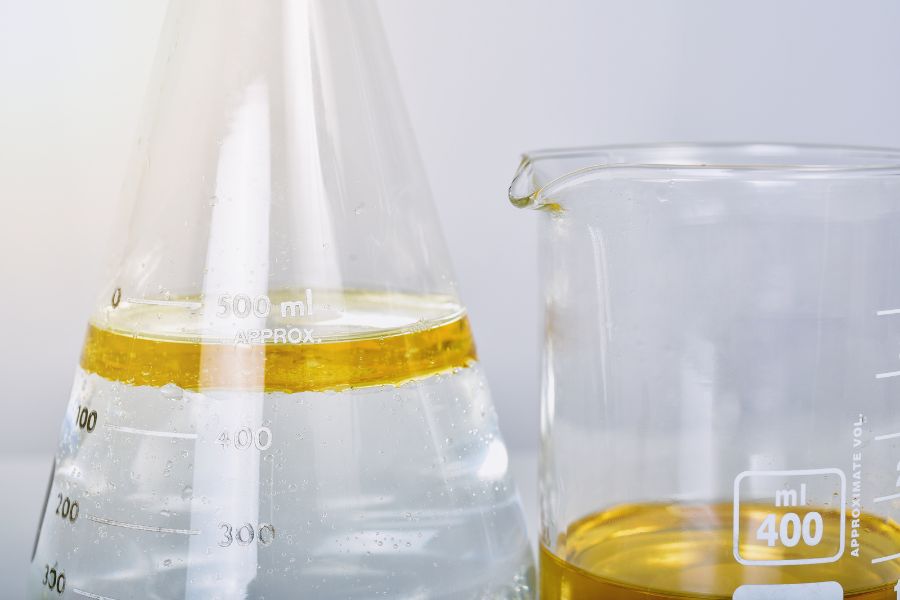When it comes to understanding the physical properties of substances, the concept of density plays a crucial role. Specifically, the density of oil and water are two commonly compared properties, given their relevance in both scientific studies and everyday situations. This piece aims to shed light on the differences between the density of oil and water, explaining why these differences matter and how they affect interactions between the two liquids.
What is Density?
Before diving into the specific differences between the density of oil and water, it’s important to grasp what density means. Density is defined as the mass of a substance per unit volume. It is a way of expressing how much matter is packed into a given space. The standard unit of measurement for density is kilograms per cubic meter (kg/m³) or grams per cubic centimetre (g/cm³).
Density of Oil
Oil is a broad term that can refer to various liquid hydrocarbons that are not soluble in water. Generally, oils are less dense than water. This means that for a given volume, oil weighs less than water. The exact density of oil can vary depending on its type (e.g., vegetable oil, motor oil, crude oil) and temperature. However, most oils have a density of about 0.8 to 0.95 g/cm³. This variation is why oil floats on water; it is less dense, so it does not sink.
Key Points about Oil’s Density
· Variability: Different types of oil can have slightly different densities.
· Temperature Dependence: The density of oil can decrease as temperature increases.
Density of Water
Water, a vital compound for life, has a well-defined density of approximately 1 g/cm³ at 4°C (39.2°F). This value serves as a reference point in the metric system. Unlike oil, water’s density is fairly consistent and only changes slightly with temperature and salinity. It is denser than most oils, which is why it serves as a universal solvent and is fundamental to various ecological and biological processes.
Key Points about Water’s Density
· Consistency: Water’s density is relatively constant, around 1 g/cm³.
· Temperature Effects: Water is most dense at 4°C and becomes less dense as it either warms up or cools down from this point.
Comparing the Density of Oil and Water
The fundamental difference between the density of oil and water is that oil is generally less dense than water. This difference has practical implications in various fields, from environmental science to culinary arts.
Environmental Impact
Understanding the density of oil and water is crucial for addressing oil spills in aquatic environments. Since oil is less dense, it floats on water, forming a layer that can have devastating effects on marine life and water quality.
Everyday Observations
In the kitchen, the difference in the density of oil and water can be observed when making salad dressings or when oil is added to water. The oil will always float to the top unless an emulsifier is used to mix the two.
Why Does This Difference Matter?
The difference in the density of oil and water is not just a trivial fact; it underpins many natural and human-made processes. From the separation of oil and water in cooking to the more complex applications in industrial processes and environmental management, the interplay between the density of oil and water is a critical factor in designing effective systems and solutions.
Conclusion
The difference in the density of oil and water is a fascinating phenomenon with wide-ranging implications across various domains. By understanding this difference, we can better comprehend and appreciate the complexity of the natural world and develop more effective methods for dealing with challenges related to the interaction between oil and water. Whether for educational purposes or practical applications, the significance of the density of oil and water remains a topic of great interest and importance.




